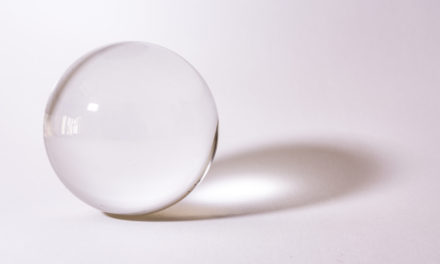This topic is adapted from the Ted-Ed YouTube channel.
In 1965 a seventeen-year-old high schooler stayed up for 264 hours straight. He did this to see the effects that lack of sleep would have on his body. The longer he went without sleep, the more negative effects it had on his body. Luckily, the experiment didn’t have lasting psychological or physical damage, but for many, sleeplessness can greatly hurt their lives.
What Are Some of the Negative Effects of Sleeplessness?
One of the first side effects that you will encounter is your eyes will stop focusing. This will happen after about twenty hours of not sleeping. From there the effects worsen. You will lose the ability to identify things by touch, become irritable, lose your coordination, struggle to concentrate, struggle with short-term memory, become paranoid, have inflammation, and start to hallucinate. For some people, these side effects will be temporary, but for some they are long-lasting. Sleeplessness can result in hormonal imbalances, illness, and in extreme cases, death. Chronically sleeping less than six hours a night can increase your risk of having a stroke by four and half times.
Why Do We Sleep?
Adults need 7-8 hours of sleep per night and adolescents need about ten. We grow tired from our brain sending signals to our body that we need to rest and signals from the environment telling us that it’s dark outside. The rise of chemicals in our bodies like adenosine and melatonin send us into a light doze in which our breathing and heart rate slow down and our muscles relax. In this level of sleep our DNA is repaired and our bodies replenish themselves for the day ahead.
Our Brain Accumulates Waste Products Throughout the Day
During our waking hours our brains use up our energy sources. These energy sources get broken up into various waste products, one of which is adenosine. As adenosine builds up it increases the urge to sleep, also known as sleep pressure. In fact, caffeine works by blocking adenosine receptors in our brains. Other waste products build up in the brain and if they are not cleared away they eventually overload the brain and our thought to lead to the many negative effects of sleep deprivation.
Our Glymphatic Systems Clear Out Build-Up
When scientists began to study how our brains clean themselves, the discovered the lymphatic system. This system removes the waste products in our brains and is much more active when we are asleep. It works by using cerebrospinal fluid to flush away toxic byproducts that accumulate between cells. Lymphatic vessels, which serve as pathways for immune cells, have recently been discovered in our brains. They may also help in clearing out the waste products in our brains.
Even though scientists continue to learn new things about the restorative properties of sleep, one thing remains the same: sleep is necessary for a healthy life. If you aren’t getting enough sleep you will begin to see the lasting effects. Without sleep your brain won’t be able to clear away the waste products in your brain, so do whatever it takes to get plenty of sleep.
Discussion Questions:
- Watch the video together or invite someone to summarize the topic.
- What is your initial reaction to this video? Do you disagree with any of it? What jumped out at you?
- On average, how many hours of sleep do you get each night?
- What are some of the reasons you don’t get enough sleep? What steps can you take to get more sleep?
- What side effects of sleeplessness do you notice most in your life?
- Write a personal action step based on this conversation.






